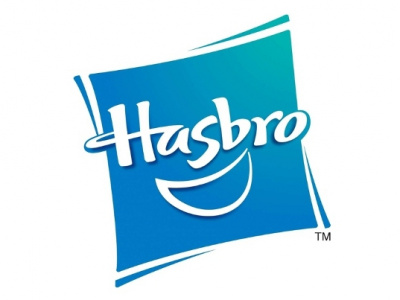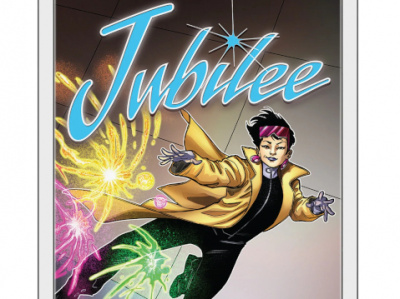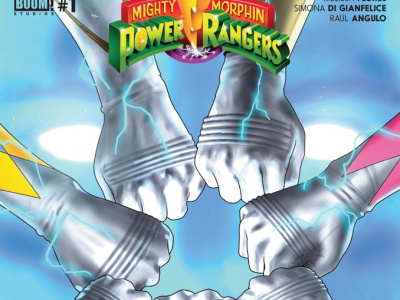 We caught up with IDW CEO Ted Adams at Comic-Con to try to get a better understanding of the company’s games strategy, who it’s targeting with its games, and how it’s employing licenses.
We caught up with IDW CEO Ted Adams at Comic-Con to try to get a better understanding of the company’s games strategy, who it’s targeting with its games, and how it’s employing licenses. Tell us about IDW’s strategy for licensed games and how that relates to their potential audience.
We come to this the same way we do to the comics which is make things we like, something that someone at IDW is really passionate about. Then we want to make really good games in the same way we want to make really good comics.
Kill Shakespeare is based on a book we’ve been doing for a really long time (see "IDW Games Launches with 'Kill Shakespeare'"). We thought the Kill Shakespeare experience would be something that would appeal to gamers, not necessarily expecting them to have pre-knowledge of the comics, just something we thought would make a fun game. And because we’re partnering with Pandasaurus, who are experts in this space, they saw the same thing we saw in Kill Shakespeare, that it could be fun medieval storytelling. The game itself is a big, compelling game. For this one we certainly saw the opportunity to cross-promote. The board game will have comic books in it, and Kill Shakespeare comics that we’re doing right now will advertise the board game. It was more that we thought this was a property that would do well as a board game, it wasn’t really that we thought, “Oh, let’s build this franchise,” it just fit really well in that franchise.
V-Wars is another property we’ve been building (see "'V-Wars' Board Game"). We started V-Wars as a prose book and then started doing comic books. We have it developed as a TV show that we’re financing ourselves and then a board game next year. That one we really are trying to build the brand. We’re building the V-War brand very intentionally and they’ll be more products for that as well. Trying to figure out what makes sense for each property.
Is V-Wars a big, crunchy game like Kill Shakespeare?
Yes, a big box strategy game.
And then we have Machi Koro, which is a Japanese game that we’re bringing over here (see "Hit Japanese Game 'Machi Koro' Due Here in July"). It’s a fun family game more in the style of an Uno, something that you can pick up quickly. It’s deep, as far as the game play goes, but as far as learning to play only takes five or ten minutes as opposed to the big box games which are big time investments.
How much time does it take to play Machi Koro?
It takes about 15 or 20 minutes. It’s a casual game. I’ve been playing with my family. It’s a really fun game to play. My son who is 11 going on 17 really has zero interest in any games other than video games. I brought Machi Koro home and he was completely resistant at first. Now that he’s played a couple of times, that’s what he wants to do in the evening. I really like being able to have that experience with him which is not sitting in front of a TV.
We’ve been fortunate that the buzz on the game has been really good. Our pre-orders are really strong.
Our games division is launching with three, Machi Koro, Kill Shakespeare and X-Files (see "IDW to Publish 'The X-Files Board Game'"). We’ve pre-sold those games in a pretty significant way.
Is X-Files a "crunchy" game too?
That is as well. Not as much at Kill Shakespeare, but it’s a big box game. It’s a good game.
Where does Chew fit in that range?
Chew is still in development so I’m not actually sure, but it will be more in the X-Files space, would be my guess (see "'Chew' Comes to Tabletop Gaming").
(For our interview with Adams when IDW launched its games division, see "IDW CEO Ted Adams on IDW Games.")







